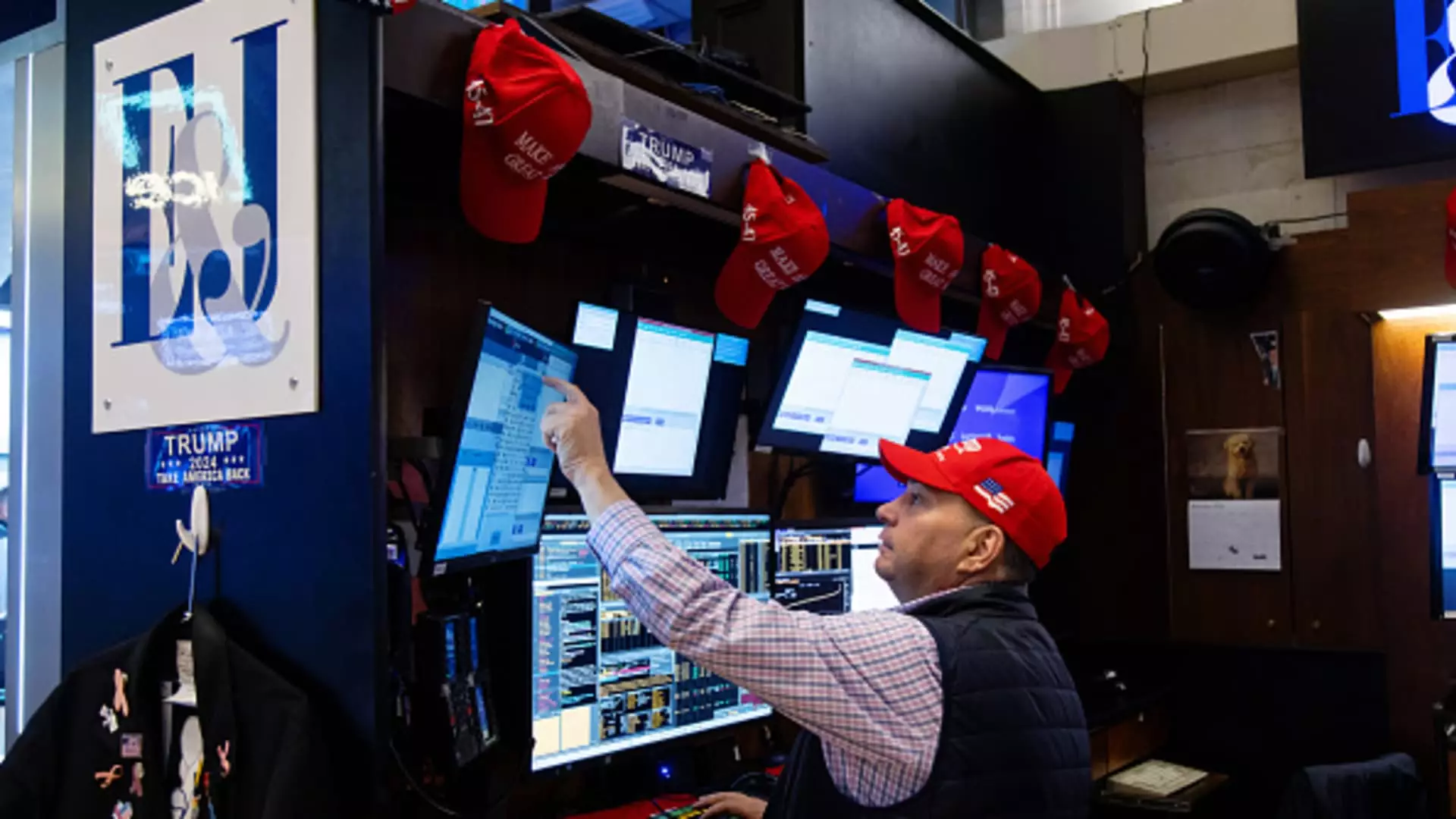In the ever-evolving landscape of financial markets, the daily fluctuations and performances of stocks can significantly influence investor sentiment and economic forecasts. Understanding these trends provides a critical insight into the broader economic environment and helps stakeholders make informed decisions. Recent data reveals a bullish market trend, with major indices reaching unprecedented highs. In this article, we will analyze the pivotal changes occurring in stock markets, focusing on key sectors and notable stock performances.
Recent market activity showcases a remarkable jump in major stock indices, signaling investor confidence. Notably, the Russell 2000 experienced an impressive increase of 5.84% on a recent trading day, achieving a new 52-week peak. Similarly, the Dow Jones Industrial Average surged by 3.57% to set a fresh all-time record. The Nasdaq Composite followed suit with a rise of 2.95%, marking another milestone, while the S&P 500 climbed 2.53%, also reaching a new record high.
Such movements suggest strong investor enthusiasm and positive economic indicators driving the market upwards. However, while these gains portray a robust market, one must consider the factors contributing to these dynamics and the possible implications for future trading sessions.
Delving deeper into sector performances reveals financials as the standout player of the day, advancing by 6.16% and hitting new highs. Following the financial sector, industrials experienced a healthy increase of 3.93%, marking another record. Even the energy sector exhibited notable growth, rising by 3.54%, although it remains a few percentage points from its April highs.
Contrastingly, some sectors faced setbacks. Real estate recorded a downturn of 2.64%, signaling volatility in this sector, which is now 5.6% off its peak. Similarly, consumer staples dipped by 1.5%, remaining 5.76% from September highs, and utilities followed suit, falling 1%, now 5.72% below mid-October levels. Analyzing these mixed outcomes across sectors is crucial for investors who might be contemplating future investment strategies.
In terms of individual stock movements, the transportation sector garnered attention, propelled by the SPDR S&P Transportation ETF (XTN), which appreciated by 6.6%. ArcBest stood out with an astonishing 16% increase, followed by Saia at 13.4% and RXO enhancing its value by 13%. Other significant players included Norfolk Southern and XPO, with rises of nearly 10% and 9.8%, respectively. Such performances demonstrate a promising trend in the transportation sector, indicative of robust logistics and supply chain activities that underpin economic growth.
On the other hand, the housing market displayed vulnerability, with companies like Lennar and D.R. Horton experiencing declines of 4.8% and 3.8%, respectively. Their current standings—down 13% and 16.6% from their September highs—might raise alarms among potential and current investors about the stability of the housing sector amidst broader market exuberance.
In the context of emerging companies, the chipmaker Arm captured attention following its quarterly report, lifting its stock performance by 28% over three months. Companies like Lyft, amid its fluctuating trends, are revealing the complexities of the market landscape. Despite a recent 31% increase in Lyft’s stock over the past three months, it remains significantly below the highs observed earlier in the year, emphasizing the volatility faced by tech-oriented firms.
Such fluctuations invite scrutiny not only from investors but also from analysts, as they evaluate the sustainability of growth in emerging markets.
The market’s trajectory remains a topic of keen interest as investors and analysts ponder the sustainability of the current highs. While sectors such as financials and transportation are fueling optimism, the mixed signals from other sectors illuminate the need for cautious maneuvering. As we look toward the next trading sessions, it is vital to maintain vigilance and scrutiny over market movements, economic indicators, and company performances. Ongoing observation will be essential in delineating whether the current bullish trends can continue amidst the challenges that lie ahead.

Leave a Reply